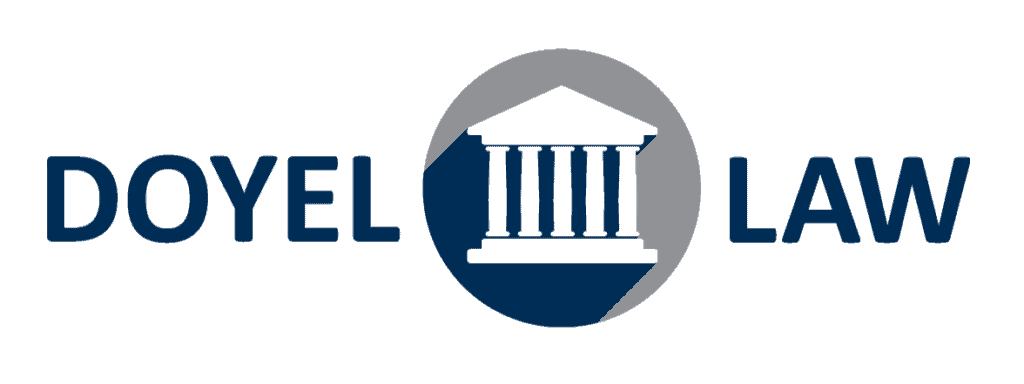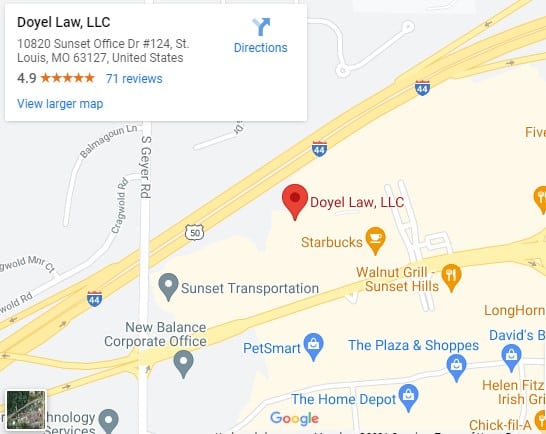How Bankruptcy Affects Your Retirement Savings
When an individual faces the prospect of bankruptcy, one of the main concerns is how it affects their retirement savings. Bankruptcy has been traditionally linked to financial failure, so wariness is warranted when facing such a problem. However, managing retirement savings in bankruptcy should not be too difficult.
Quick Summary:
- Differentiating the impact on retirement plans like 401(k)s and IRAs in Chapter 7 and Chapter 13 bankruptcies, federal and state laws plays a role in a bankruptcy case’s outcome.
- In Chapter 7, IRAs are protected up to a specific limit, and Chapter 13 provides a comprehensive shield, designating IRAs as exempt property for assured security.
- Chapter 13 safeguards 401(k) plans, allowing individuals to retain assets while fulfilling financial obligations over a structured repayment period.
- Chapter 7’s protection of pensions varies by state laws and plan characteristics; Chapter 13 offers enhanced protection, aligning with 401(k)s and IRAs.
- Both Chapter 7 and Chapter 13 protect Social Security benefits; government pensions may also receive protection based on state laws, ensuring assurance during bankruptcy proceedings.
- The complex decision between bankruptcy and using retirement savings involves weighing significant implications, such as immediate relief and long-term credit consequences.
In this comprehensive guide, we will explain the intricacies of what happens to retirement savings in bankruptcy. We will also cover what factors can possibly affect your decision between using your retirement funds or filing for bankruptcy.
What Retirement Plans are Affected by Bankruptcy?
The impact of bankruptcy on retirement plans can vary depending on the type of bankruptcy and the specific laws governing these plans. Generally, retirement plans fall into two categories: employer-sponsored plans (such as 401(k)s) and individual retirement accounts (IRAs).
It is important to note that the laws governing the exemption and protection of retirement plans vary by jurisdiction, and federal and state laws can both play a role. Additionally, the specific circumstances of each bankruptcy case can influence the outcome, whether that is Chapter 7 or Chapter 13 bankruptcy.
How Does Bankruptcy Affect My IRAs?
In Chapter 7 bankruptcy, traditional and Roth IRAs share a common safeguard—they are often shielded up to a specific dollar limit, protecting these retirement assets from liquidation to pay off creditors. As of 2022, exemptions cover a total amount of $1,512,350 across all the IRA plans of an individual.
On the other hand, Chapter 13 bankruptcy provides a more comprehensive shield for IRAs, designating them as exempt property. That means that your retirement savings in bankruptcy are not utilized, allowing individuals to navigate the bankruptcy process with a greater assurance that their retirement savings remain secure.
How Does Bankruptcy Change My 401(k)?
In the alternative scenario of Chapter 13 bankruptcy, characterized by establishing a structured repayment plan, 401(k) plans generally receive protection.
Chapter 13 aims to facilitate a debtor’s ability to fulfill financial obligations without selling off assets. While the plan necessitates repaying creditors over a designated period (typically three to five years), it often allows individuals to retain their assets.
What Other Retirement Plans are Affected by Bankruptcy?
Beyond the immediate concerns for IRAs and 401(k) plans, other retirement plans come into focus. Understanding the impact on pension plans, Social Security, government pensions, and defined benefit plans is crucial for individuals facing financial challenges.
Pensions and Defined Benefit Plans
In Chapter 7 bankruptcy, the protection afforded to pension and defined benefit plans can vary, influenced by state laws and the unique characteristics of the pension or defined benefit plan. The degree of safeguarding is not universally standardized and requires careful examination to understand the level of protection offered.
On the other hand, in Chapter 13 bankruptcy, similar to the protection provided to 401(k)s and IRAs, pensions and defined benefit plans generally enjoy a higher level of protection. This protection aligns with the goal of Chapter 13, which focuses on establishing a structured repayment plan rather than liquidating assets.
Social Security and Government Pensions
In Chapter 7 bankruptcy, Social Security benefits typically enjoy protection from creditors. This safeguard also extends to Chapter 13 bankruptcy, providing individuals with a sense of security regarding their crucial income source during bankruptcy.
Moreover, government pensions may also be shielded, contingent upon the specific regulations dictated by state laws. Chapter 13 generally upholds the protection of both Social Security benefits and government pensions.
Is Filing for Bankruptcy Better Than Using My Retirement Savings?
The decision between filing for bankruptcy and using your retirement savings is complex since that depends on your circumstances. Both options have significant implications for your financial future, and it is crucial to weigh the pros and cons carefully. Here are some factors to consider:
Bankruptcy
- Pros: Filing for bankruptcy can provide immediate relief from overwhelming debt, and certain assets, including retirement accounts, may be protected from liquidation.
- Cons: Bankruptcy has long-term consequences on your credit score and financial history. It may also involve legal fees and impact your ability to obtain credit in the future.
Using Retirement Savings
- Pros: Accessing your retirement savings can provide a quick source of funds to address immediate financial challenges.
- Cons: Withdrawing from retirement accounts before reaching the eligible age may incur taxes and penalties. Moreover, it diminishes the funds available for your retirement, potentially impacting your financial security in later years.
Ultimately, the decision depends on the severity of your financial situation, the amount of debt you’re facing, and the long-term impact on your retirement goals.
Work With Our Skilled Bankruptcy Attorney to Help With Your Retirement Savings!
Between the complexities of bankruptcy and retirement savings, having a knowledgeable partner can make all the difference. Doyel Law is a pillar of support for individuals in Sunset Hills, MO, navigating these challenging waters. Our commitment to your financial resilience is unwavering, and our service is your greatest asset in securing a stable future.
As you confront the intricacies of retirement savings in bankruptcy, remember that you don’t have to face it alone. Contact our experienced bankruptcy attorneys to guide you through the process and provide valuable insights tailored to your circumstances. Call our law firm today!



